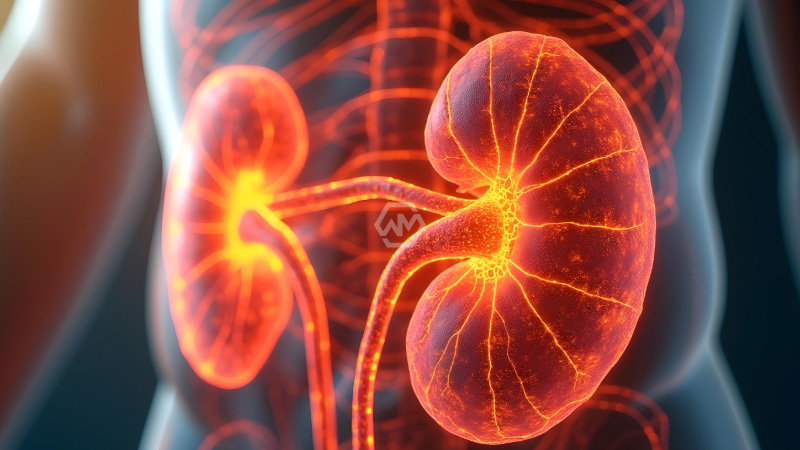- Excessive uric acid can lead to gout, kidney stones, and joint damage.
- Persistent hyperuricemia may contribute to cardiovascular issues.
- Early diagnosis and lifestyle changes can prevent severe complications.
High uric acid levels can silently wreak havoc on the body, leading to conditions like gout, characterized by sudden, excruciating joint pain and inflammation.
Additionally, excessive uric acid can contribute to the formation of kidney stones, which may result in severe abdominal pain, blood in the urine, and frequent infections.
How High Uric Acid Levels Can Impact Your Health
Hyperuricemia, a condition marked by elevated uric acid levels in the bloodstream, can lead to the formation of sharp, needle-like crystals in the joints, causing intense pain and inflammation. This condition, commonly known as gout, can cause debilitating flare-ups that make even the lightest touch excruciatingly painful.
Beyond the joints, uric acid can accumulate in the kidneys, resulting in the formation of kidney stones. These hard deposits can obstruct the urinary tract, leading to severe pain, nausea, and potential infection. Recurrent kidney stones can cause long-term kidney damage, increasing the risk of chronic kidney disease.
Unchecked high uric acid levels can also contribute to cardiovascular complications. Studies suggest a strong correlation between hyperuricemia and hypertension, as well as an increased risk of stroke and heart disease. Managing uric acid through diet, hydration, and medication can significantly reduce these risks.
Furthermore, lifestyle factors such as consuming excessive animal proteins, sugary beverages, and alcohol can exacerbate hyperuricemia. Reducing these triggers and maintaining a balanced diet rich in fruits, vegetables, and whole grains can help keep uric acid levels in check and prevent related health issues.
Monitoring and managing uric acid levels is crucial to preventing serious health complications like gout, kidney stones, and cardiovascular disease.
“Prevention is better than cure, especially when it comes to conditions as painful and debilitating as gout and kidney stones.” — Unknown



